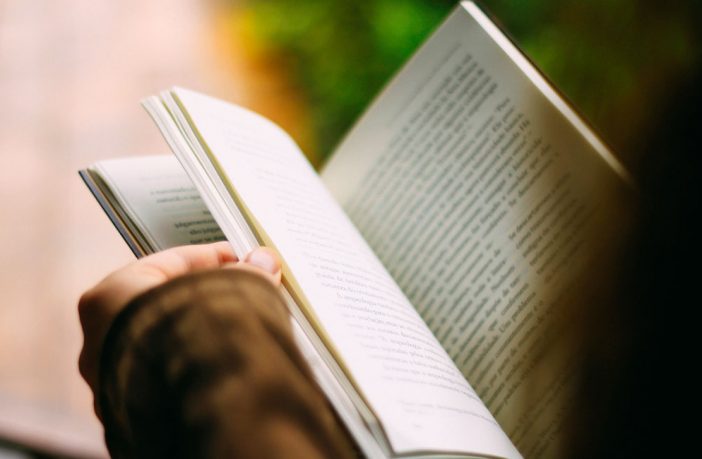The idea that reading contributes to our self-improvement is so embedded in our culture that we rarely stop to consider it. Edmund King, a Research Associate at The Open University (OU) and one of the lead academics on the Reading Experience Database (RED), examines the experience of readers over a period of a century and asks whether reading really is a beneficial pastime.
Is there any evidence to support the long-held assumption that reading improves health and well-being?
For the past several years, a team of psychologists and literary scholars at the University of Liverpool has been studying the psychological benefits of participating in shared reading groups. Using technology like Functional Magnetic Resonance Imaging (fMRI), they have discovered that reading and thinking about literature stimulates neural activity in areas of the brain associated with complex social reasoning.
Thinking about the social situations in fiction can help people develop enhanced social awareness; a state of mind that they can then transfer to their own relationships with other people. For those suffering from mental health problems or social isolation, simply being a part of a supportive reading group can have psychological benefits. Shared acts of reading and literary discussion can help foster a sense of group belonging and shared purpose.
By stimulating these forms of mental activity, reading can make a significant contribution to individual well-being.
Does reading always inspire self-improvement within the reader?
Readers whose testimony has been gathered for the Reading Experience Database speak insistently about the importance of books in their lives. In 1926, Gerald Moore, a young man living and working in Liverpool, began an ambitious literary journey. He maintained a diary and made a note about reading Martin Arrowsmith, a novel by Sinclair Lewis. Rather than offering a positive experience of self-improvement, he found the book confronted him with his own limitations.
“How many of my own questionings, disillusionments and hungerings are illustrated in this book,” he wrote, “it has given me one of the worst fits of depression I ever suffered from.” Despite the frustration that Moore expresses in this diary entry, he was successful in his attempt to educate himself through reading, enjoying a long career as a business executive.
Readers from the past like Gerald Moore show how vital books could be for those who were not able to access formal education. The publication of affordable classics, and the launch of public libraries in the late 19th and early 20th centuries provided an opportunity for everyone to experience the joys, and sorrows, of reading.
What next for RED?
The OU-based Reading Communities: Connecting the Past and the Present initiative hosted a free two-day event in Liverpool in March on the theme of ‘Reading and Self-Improvement’, bringing together academics from the OU, Liverpool John Moores University, and the University of Liverpool to offer members of the public the opportunity to participate in group discussions, lectures, and workshops.
A further day of activities took place in Belfast in April anhd there will be interactive roadshow events in other cities over the coming months. On 7 June 2016, the Reading Communities team will host ‘Edinburgh as a City of Reading’ at the Edinburgh City Art Centre and the Edinburgh Writers’ Museum. On 13 August, there will be a ‘Migration and Memories of Reading’ event at Impact Hub in Birmingham and on 15 and 16 September, there will be a two-day event at Senate House in London on ‘Reading in World War II’. All events are free to attend. To register for events, email the team or turn up on the day. More information on upcoming roadshows can be found on the events page.
Call for participants in oral history workshops
Do you or members of your family (parents, grandparents) have memories of reading during the Second World War? Are you, or your family, from a migrant background, and remember particular books that were read and loved in your ancestral homeland? Are there books or diaries in your possession that trace your family’s reading through the generations or between countries? Are you interested in sharing your remembered reading with a research group, and with the wider public?
If the answer to any of these questions is yes, the Reading Communities team would like to hear from you.



